“NieR:Automata Ver1.1a”: Producer Opens Up About Her Passion for the Original Work and How She Poured Her Heart and Soul Into the Anime Adaptation [Part 1 of 2]
2024.08.16
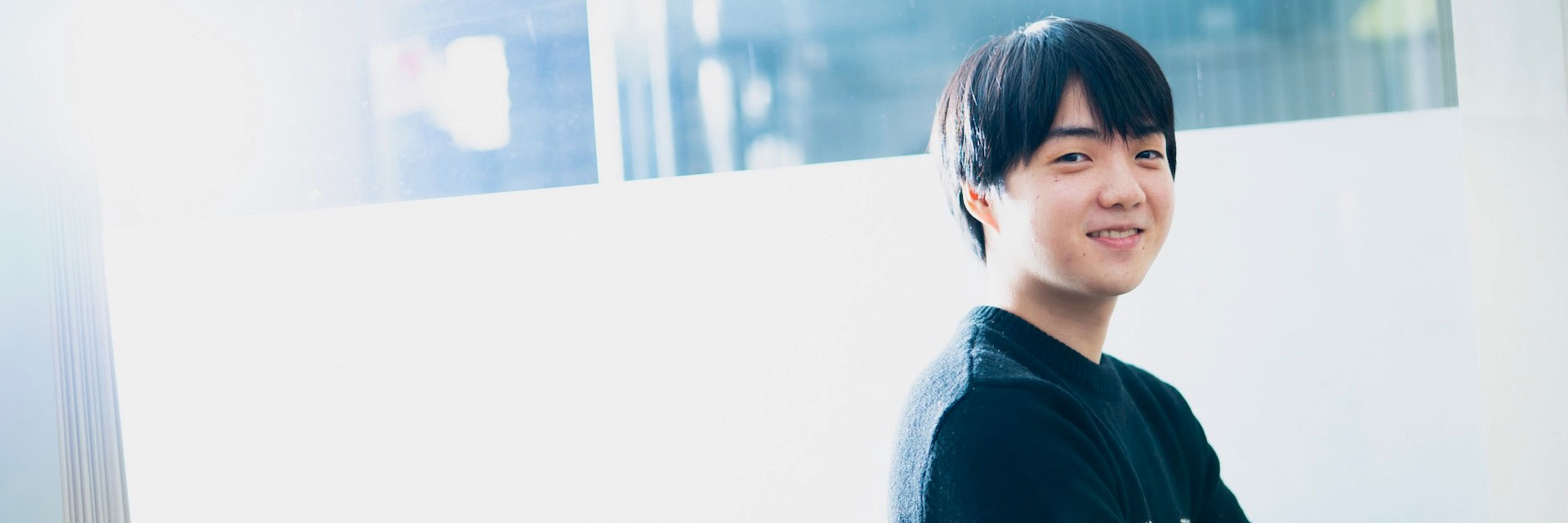
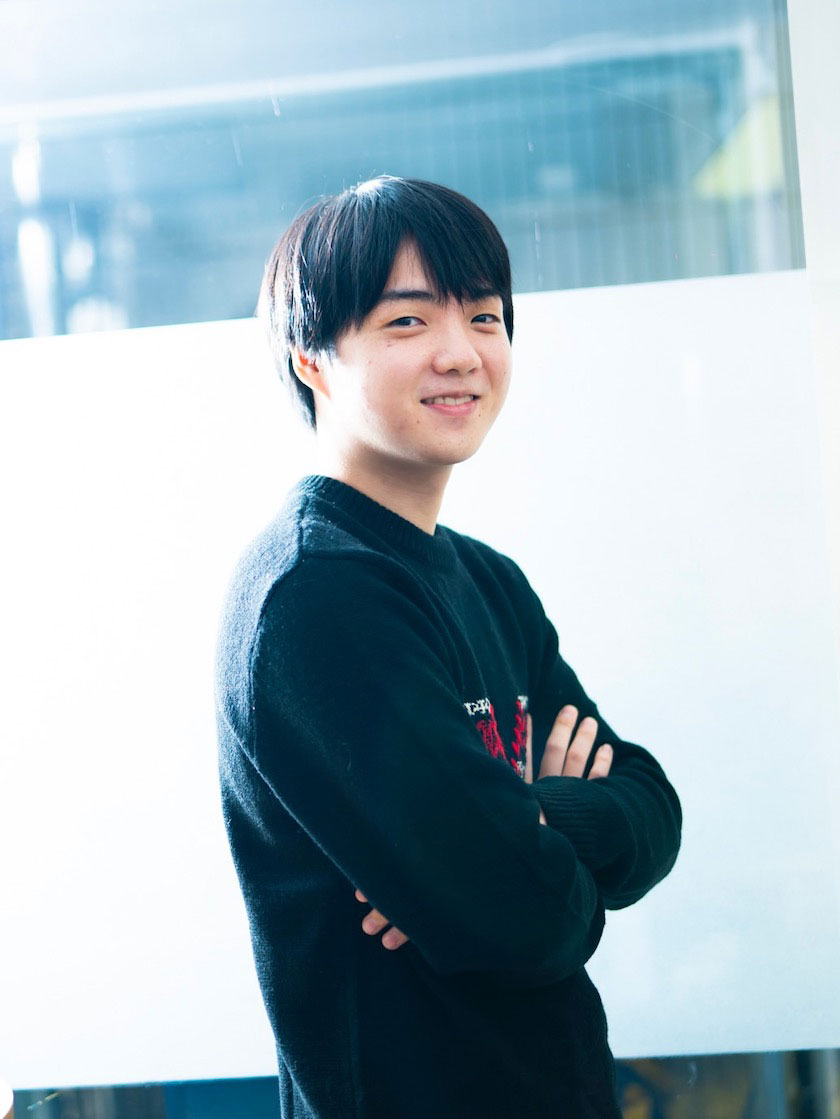
2022.04.05
“Artist Profile” - a serial feature uncovering the true stories of up-and-coming artists.
This time, we feature pianist Mao Fujita, who is garnering considerable attention in the world of classical music. After securing Second Prize at the 16th International Tchaikovsky Competition in 2019, he has been making remarkable strides on the world stage. With his exceptional musicality, unique tone, and a character beloved by all, Fujita captivates even renowned maestros. What kind of artist is Mao Fujita? We discuss with him about his upbringing and how he met his mentors, all the way up to his album recordings. Let's dive into his story.
In Part 2, we focus on Mao Fujita's teacher, Minoru Nojima, who played significant roles in his development as well as take a look at the warm bonds he shares with his family.
※The original Japanese article appeared on April 4 and 5, 2022.
Mao Fujita
Born in Tokyo in 1998. He is a graduate of the Tokyo College of Music. He won Second Prize at the International Tchaikovsky Competition in June 2019. He has been enthusiastically received by competition juries and audiences alike, and has attracted worldwide attention. In 2017, at the age of 18, he won First Prize at the Concours International de Piano Clara Haskil, along with the Audience Award, Prix Modern Times, and the Prix Coup de Coeur. He has also won awards both domestically and internationally, such as First Prize in the Hamamatsu International Piano Competition in 2016. He has participated in various music festivals across the globe including the Verbier Festival, Klavier-Festival Ruhr, La Folle Journée de Nantes, Tsinandali Festival in Georgia, and Jūrmala Festival in Riga. In 2020, he received the 21st Hotel Okura Music Award and the 30th Idemitsu Music Award given to promising young talents.
(Continued from Part 1)
The beauty of Mao Fujita's tone in Mozart's performances is of course exceptional, but in any of his performances of any piece, his playing transcends a mere "beautiful tone." It weaves a sound with a determined intention that reflects the workings of his innermost feelings. This fundamental attitude of having a “relentless pursuit of sound” is attributed to an encounter with his teacher.
"My teacher Minoru Nojima, who I've been learning from since I was a high school student, is a direct disciple of the Russian pianist Lev Oborin, the winner of the first International Chopin Piano Competition. Consequently, I have naturally learned the Russian piano technique from him since my teenage years."
Minoru Nojima, a legendary pianist who once performed at the forefront of classical music until the 1990s, has since dedicated himself to nurturing future generations as an educator. Known for his unique style befitting the title of "solitary pianist" and "seeker of sound," he currently serves as the president of the Tokyo College of Music, where Mao Fujita studied.
"While Mr. Minoru Nojima never dictates 'play it like this,' he firmly instructs on the 'tone,' especially concerning the ‘resonance’. Sometimes, he uses expressions like 'match the resonance of the right and left,' which initially puzzled me. He told me 'match the harmony that emerges when you play a note,’ so I carefully explored each note to comprehend his instructions. Under his influence, I developed a deep commitment to exploring sound.
One day I went to see him for something, and he said, 'I'm practicing this now, so come back in three hours.' When I returned, he was still practicing the same part of Beethoven's Piano Sonata No.30 that he was practicing three hours prior. That was the kind of teacher he was.
I was around 17 at the time, full of my youthful vigor, eager to play Liszt-like virtuosic pieces, but looking back on it now, I am grateful that, at such an age, I met a teacher like him who taught me the importance of confronting each note meticulously. Especially, being able to study Beethoven's last three piano sonatas (No.30 to No.32) was a great asset. I could sense how extraordinary these three pieces are and the profound world within each composition."
Currently, Mao Fujita regards Kirill Gerstein as his teacher and takes lessons from him in Berlin amidst his busy performance schedule. While he is a familiar pianist in Japan, his unconventional career path saw him studying jazz at the Berklee College of Music before returning to classical music.
"Mr. Kirill Gerstein may seem like a completely different type of pianist compared to Mr. Minoru Nojima, but I actually find many similarities between them. Due to his jazz background, he places great emphasis not on the resonance, but on each motif in the score. Therefore, if the same motif appears twice, you must show a different interpretation each time. He also says, 'Think for yourself.' By encouraging self-reflection, he maximizes the potential of each pianist. Of course, he provides ideas, but he does not impose them."
Where did Mao Fujita's journey with the piano begin? One might imagine he followed an elite path from a young age, but he himself seems to have never felt burdened to have done so.
"It seems my mother enrolled me in a class where one could receive training for perfect pitch, not with the ambition of wanting me to be a pianist, but merely thinking it would be useful. Since my older brother was already attending, I tagged along. At that time, I was quite busy with various other activities. Weekends were for music lessons, Wednesdays for swimming, Mondays and Fridays for cram school. My schedule was packed as a grade schooler.
I could swim, or at least I thought I could, but one day, for some reason, I just couldn't move forward... I was swimming as hard as I could, but apparently, the others thought I was drowning, so they came to my rescue and pulled me out of the water. What an embarrassment in front of so many people! So, I quit immediately (laughs). In the end, piano was the only activity I stuck with. Indeed, I was dedicated to the piano, participating in competitions since elementary school and while I had received good scores, I never had the conscious thought of becoming a pianist."
Due to his father's job, he spent his early years from kindergarten to 3rd grade in Ueda City, Nagano Prefecture.
"Shinshu (Another name for Nagano Prefecture) has long, cold winters, so I didn't go outside to play much, and that allowed me to practice the piano a lot. Looking back on those days, I have fond memories of skiing with my family and doing other fun activities."
Later on, following his parents' decision, he spent three years at an international school for middle school.
"Suddenly, I found myself immersed in an English-speaking environment from the crack of dawn.. Until the end of the first semester of my first year in middle school, I had no idea what the teachers were saying, and every day felt like hell. The classes were divided into 'English-proficient' and 'not proficient,' and of course, I was in the latter. You would be punished for speaking Japanese. Two of my friends and I were always the targets, and after-school detention became routine. We used to console each other, saying, 'Here we go again...' (laughs). But looking back on it now, my friends from middle school, who had nothing to do with music, are precious to me. Each one is striving in their own way, and they always inspire me."
Mao Fujita finally became aware of the idea of becoming a "pianist" when he entered high school. However, even that motivation stemmed from receiving a recommendation as a ‘special scholarship student’ when he enrolled in the Tokyo College of Music Affiliated High School.
"Even then, I didn't have the ambition to 'become a pianist,' but once I got into the school on a full scholarship, I was already on that track..."
Though he grew up in a household with no connection to classical music, his parents warmly watched over and supported their son's aspiration to become a pianist.
"My father doesn't know anything about classical music, but he always listens to CDs and prepares himself and listens to the pieces I am going to play at concerts before he comes.
When it was decided that I would play Brahms' Piano Concerto No.2 for the first time this autumn, my father immediately started his preparation. When I asked him, 'Whose performance are you listening to?' he said, 'Karajan & Berlin Philharmonic.' That's fine, but when I asked, 'And who's the pianist?' he said, 'Hmm, I wonder... It says Géza Anda.' So, I teased him, saying, 'Wow, that's a pretty cool choice!' (laughs)"
This heartwarming conversation reveals the close bond between father and son. Mao Fujita always wears a smile and emits a comforting aura that envelops those around him. Perhaps this is influenced by the bonds he shares between himself and his family.
In 2022 alone, he had international performances scheduled in France, the UK, Israel, and Italy, along with a recital tour in Japan, keeping him busy throughout the year.
Finally, when we asked about his future plans, he quickly gave a characteristic response:
“I've never changed my attitude of ‘being sincere towards composers.’ When it comes to performing, I don't think about how 'I want to present myself,' and since music is all I have, all I can do is to continue working at it diligently."
Without any pretense, Mao Fujita weaves his music with authenticity and continues to captivate audiences worldwide with his unexpected and bold expression for music. With his rich sensitivity and warmth as a person, we hope his presence continues to inspire people around the world, guiding them to pursue their own “gentle” dreams.
Text by Kumiko Asaoka
Photos by Osamu Hoshikawa
Translated by Yumi Hasegawa

2024.08.16
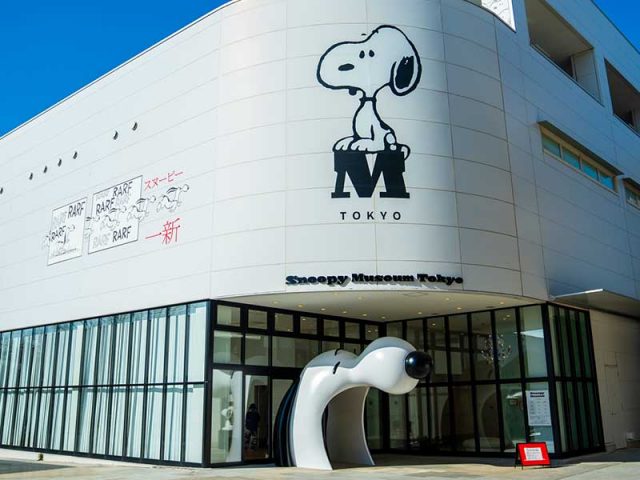
2024.07.31
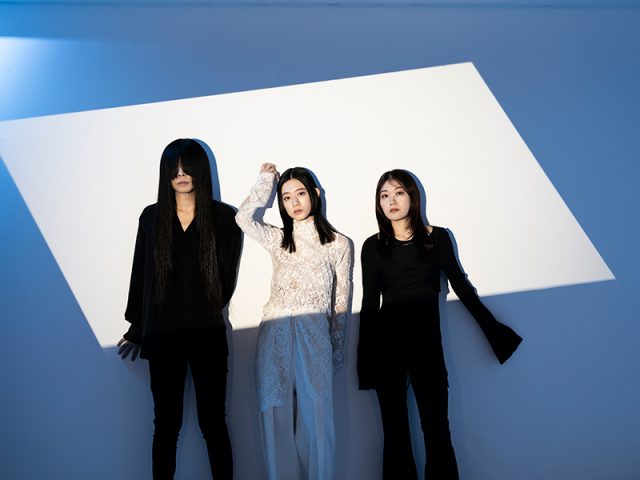
2024.03.05
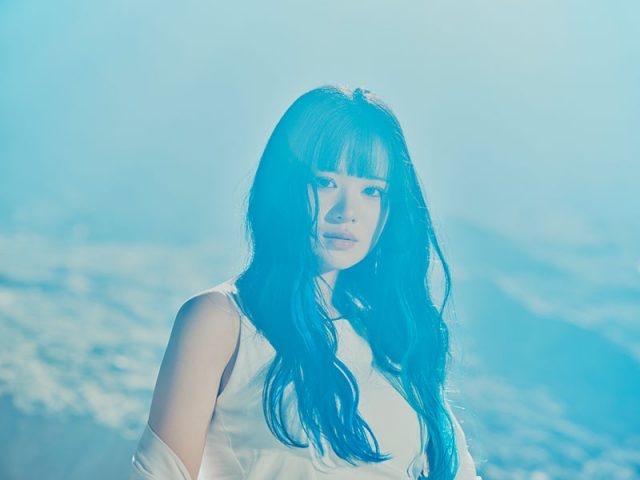
2024.02.16
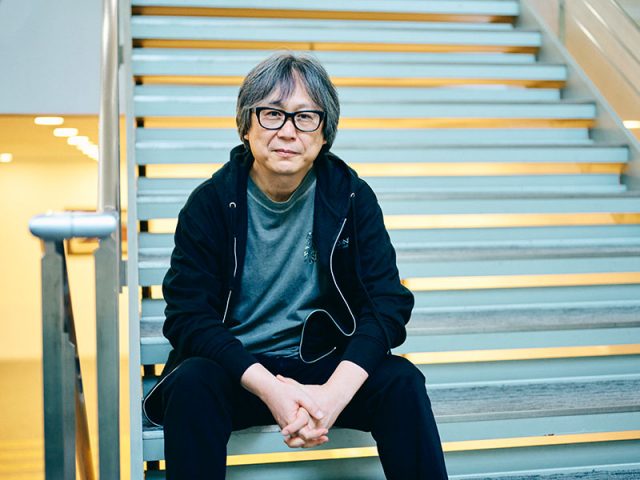
2023.11.15
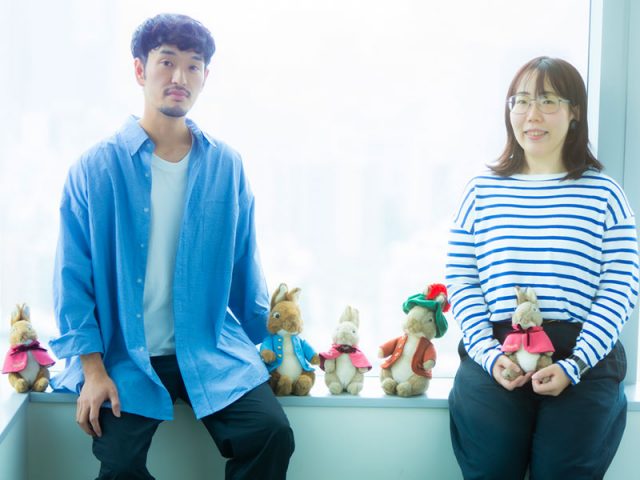
2023.10.30
Follow the official Sony Music SNS
Get the latest news from Cocotame